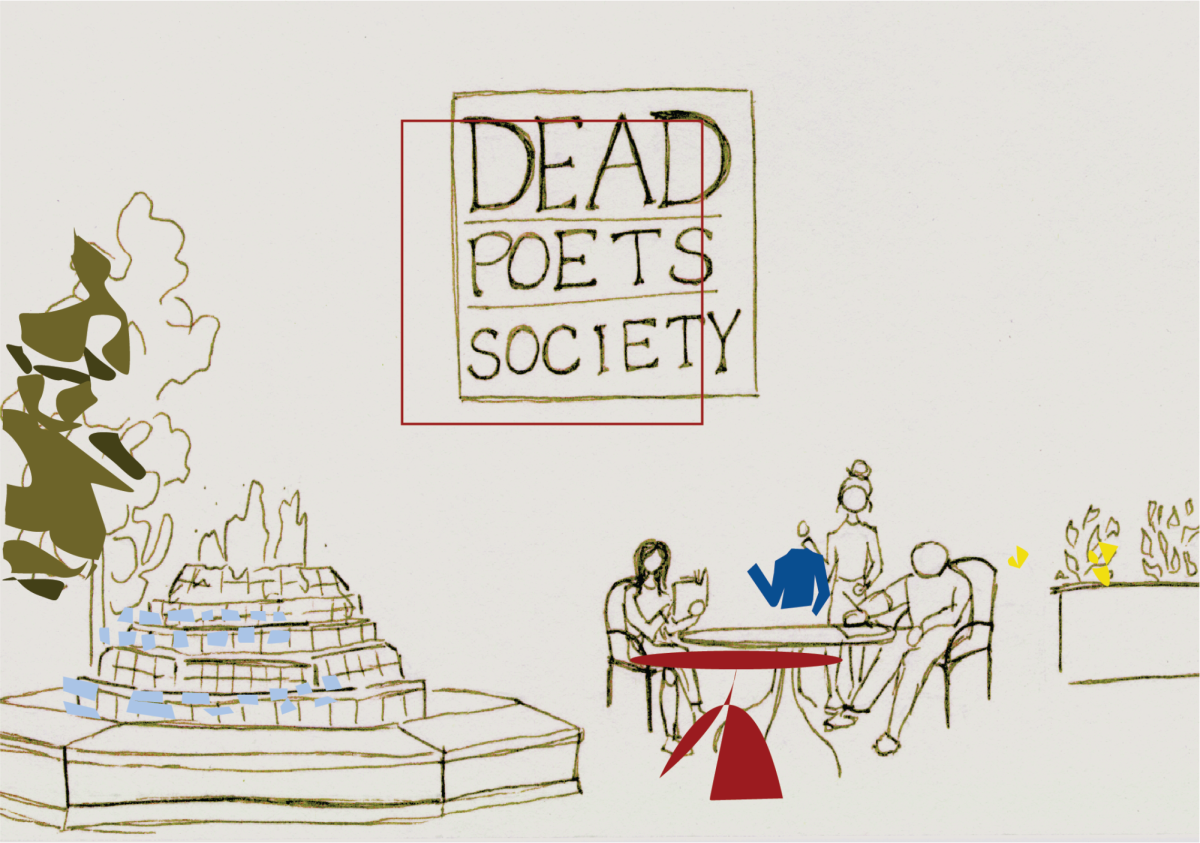Somewhere near the middle of the film “Changeling,” it looked as if Clint Eastwood was going to hit another one out of the park. After films such as “Letters from Iwo Jima,” “Million Dollar Baby” and “Mystic River,” Eastwood has established himself as a master filmmaker. He knows how to capture sheer emotional power with simplicity and brutality, simultaneously. His new film “Changeling” has the brutality, but not so much the simplicity, and it suffers for that. Somewhere in this 140-minute long film, there’s a shorter and better film. A subplot gets overblown when the film explores the real-world ramifications of the events in the story. No matter how historic the details are, it’s not crucial to include all of them in this film.
Angelina Jolie stars as Christine Collins, a single mother in the late 1920s. Christine is living happily and raising her son Walter, until one day when she comes home to find him missing. She calls the police but is forced to wait for their help. They have a policy to wait at least 24 hours before taking on any missing children cases, usually because the child ends up coming back safely home on his own. But Walter doesn’t come home safely. When Christine finally is given police cooperation, they eventually find Walter. The only problem is, it’s not her Walter.
Being a responsible mother, she puts up a protest. This isn’t her son, so that means that Walter is still out there somewhere. Christine doesn’t realize what she’s getting herself into by putting up a fight. She unwittingly becomes a chess piece in an ongoing battle between the corrupt LAPD force and the Rev. Gustav Briegleb (John Malkovich), a preacher who exposes police corruption on his radio broadcast. The reverend takes up Christine’s case and urges her to do all she can to tell the media what happened. The police have been getting a lot of bad publicity, so they tried to reunite a boy with the mother in an attempt to get a good story out of the press. Anything and everything is expendable for the sake of maintaining the public image of the police force.
The fight against police corruption is motivated by motherly love. Christine still has her boy somewhere out in the world, and the police are wasting time trying to cover up their sloppy mistakes. She fights not for political reasons, but for the sake of her child. The film works when it stays focused on Christine’s unwavering dedication to finding her son; her motherly dedication is at the heart of the movie. But then the movie shifts the attention to the details of the historic court cases involving Christine. These scenes do provide catharsis, but it’s not the kind of catharsis this material deserves, because it stops focusing on the main human story. There is a powerful story here, but a subplot clogs its path to greatness.
“Changeling” is rated R for some violent and disturbing content, and language.







